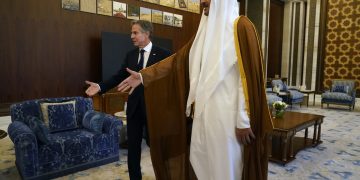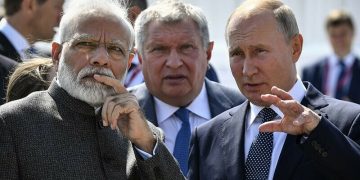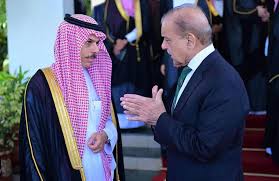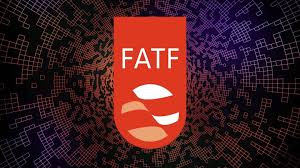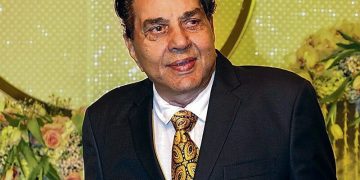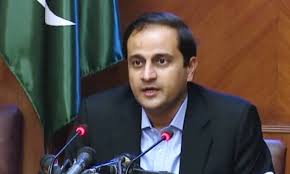Zulfikar Ali Bhutto – a lawyer, politician, statesman and a noteworthy name in Pakistani politics that still remains unrivalled, incomparable and relevant even after 42 years since his demise in 1979. Born in a Sindhi Bhutto Muslim Rajput family and educated at the University of California, Berkeley and the University of Oxford; Zulfikar Ali Bhutto can surely be credited with leaving a distinctive mark on Pakistani politics that has had long-lasting effects on the country’s socio-economic and political future.
Today on April 4th, we mark Zulfikar Ali Bhutto’s 42nd anniversary since his somewhat ‘controversial’ hanging on back in 1979 – an event that has left a distinct mark on Pakistani politics whose repercussions are still prevalent in power corridors today.
Rise of Zulfikar Ali Bhutto
In 1957, Zulfikar Ali Bhutto became the youngest member to be included in Pakistan’s UN delegation, he then became Pakistan’s youngest cabinet minister by heading the Ministry of Commerce under President Iskander Mirza. He was then made Minister of Water and Power, Communications and Industry in 1960. With his quick-witted nature and remarkable statesmanship, Bhutto quickly gained significant influence eventually becoming Ayub Khan’s close advisor.
Zulfikar Ali Bhutto’s credentials are a testament to his political insight and statesmanship as he served as Pakistan’s Foreign Minister twice, along with 7th National Assembly Speaker, 9th Prime Minister of Pakistan, 4th President of Pakistan and Chief Marshall Law Administrator.
In 1967, Zulfikar Ali Bhutto founded Pakistan Peoples Party (PPP) – a step that effectively imprinted his name on Pakistani politics and exponentially increased his political stature as the party founded by him 53 years ago still holds a key significance in the country’s domestic politics even today.
Founder Of Pakistan’s Nuclear Program
One of the most prominent contributions attributed to Zulfikar Ali Bhutto for the national cause is that he is credited for laying the foundation of Pakistan’s nuclear program which has since turned out to be the core element in Pakistan’s strategy to deter India which poses an existential threat to country’s defence via overt and covert means.
Despite extensive backlash from the western powers, Zulfikar Ali Bhutto ardently pursued the policy of establishing a nuclear deterrent to counter India and also played a key role in the establishment of the Pakistan Atomic Energy Commission (PAEC).
Zulfikar Ali Bhutto famously said, “Even if we have to eat grass, we will make nuclear bomb. We have no other choice.”
Bhutto – The Chief Architect of 1973 Constitution Of Pakistan
Bhutto was the ‘chief architect’ of the 1973 Constitution of Pakistan. Zulfikar Ali Bhutto’s impeccable statesmanship and political insight led to him securing essential support from other political parties, religious element and various other key actors of Pakistan’s socio-political environment which eventually led to the drafting of Pakistan’s third and prevailing Constitution in 1973. The constitution sowed the seed of a strong parliamentary form of government in Pakistan which needless to say, strengthened and improved the country’s administrative affairs – an essential prerequisite for growth and development.
Advocate For A United ‘Muslim Ummah’
Zulfikar Ali Bhutto was a Muslim Pragmatist and successfully utilized Islamic rhetoric and symbolism to mobilize the support of the Muslim masses for him and his policies, thus contributing to an Islamic revival.
He was a fervent advocate for a united and unified Muslim Ummah and arduously worked for streamlining differences between various Muslim countries. It was due to his efforts, Pakistan successfully hosted The Second Islamic Summit Conference in 1974 which was attended by heads of states and delegates from around 35 Muslim countries across the globe. The conference, also known as Lahore Summit not only presented a unified Muslim front to the western world but also elevated Pakistan’s stature among the Muslim Ummah.
Bhutto’s era practically laid the foundation of strong Pak-Arab ties, with Arab countries providing essential economic support to Pakistan.
Bhutto’s Legacy
Whatever one’s individual political standing may be, Zulfikar Ali Bhutto’s legacy and drastic impact on Pakistani politics cannot be ignored or undermined. ‘Bhutto family’ still remains one of the most influential families in Sindh and in Pakistan. The fact that his grandson Bilawal ‘Bhutto’ Zardari chose to adopt his maternal name as the name ‘Bhutto’ holds great political weightage.
In 2006, US-based publication The Atlantic described Zulfikar Ali Bhutto as a ‘demagogic and extremely populist, but still Pakistan’s greatest civilian leader.’
Henry Kissinger – a renowned author and former US Secretary of State, was full of praise for Zulfikar Ali Bhutto despite the fact that the two had developed significant differences over various policy issues. In his memoir, ‘White House Years’ Henry Kissinger described the Pakistani premier as ‘brilliant, charming, of global stature in his perception, a man of extraordinary abilities, capable of drawing close to any country that served Pakistan`s national interests.’
Zulfikar Ali Bhutto’s political legacy can be gauged from the fact that his daughter Benazir Bhutto became Pakistan’s and Muslim world’s first-ever head of state. Even after 42 years of his death, Bhutto’s name remains relevant in Pakistan’s politics and even more so in Sindh which has continued to remain PPP’s stronghold.


